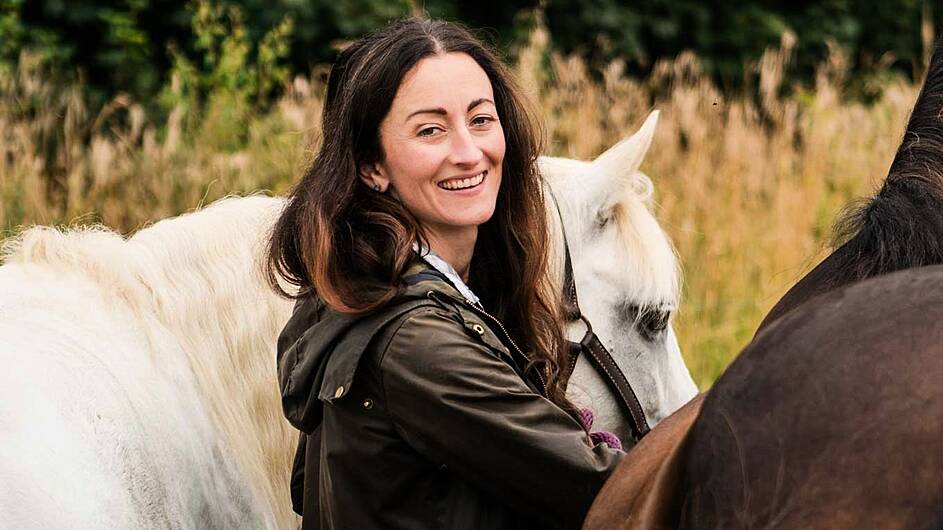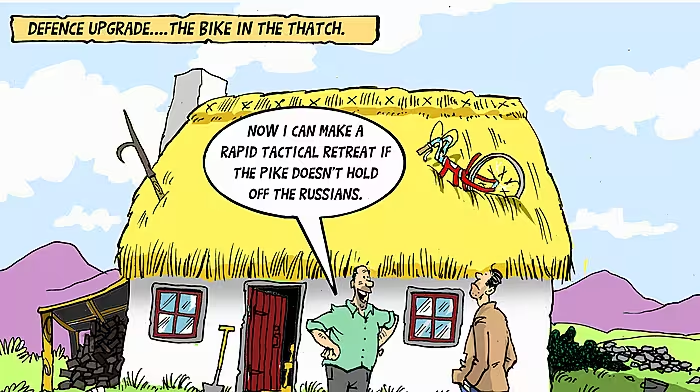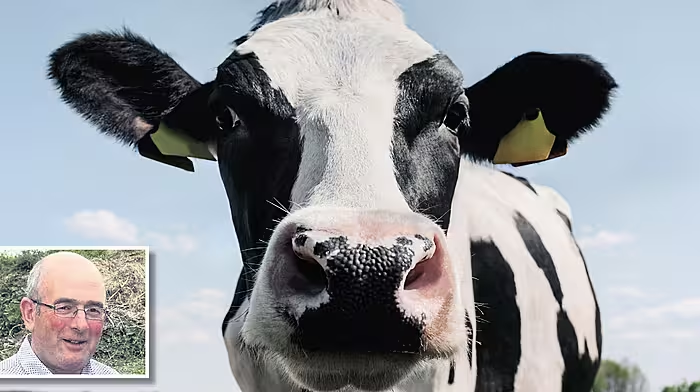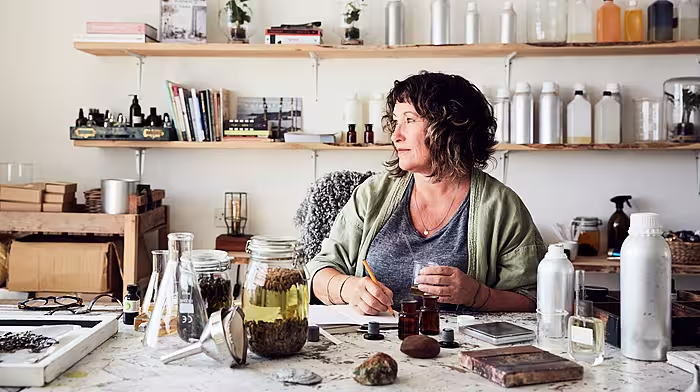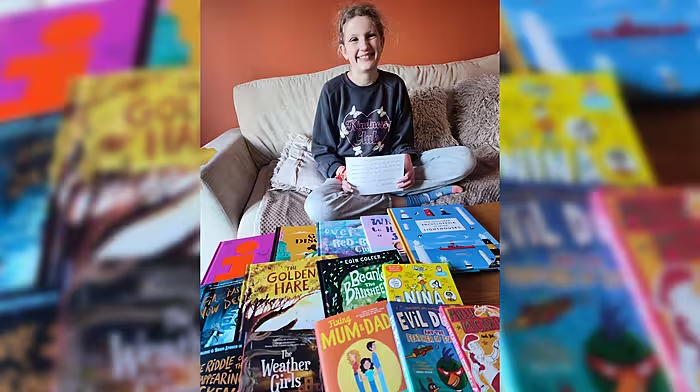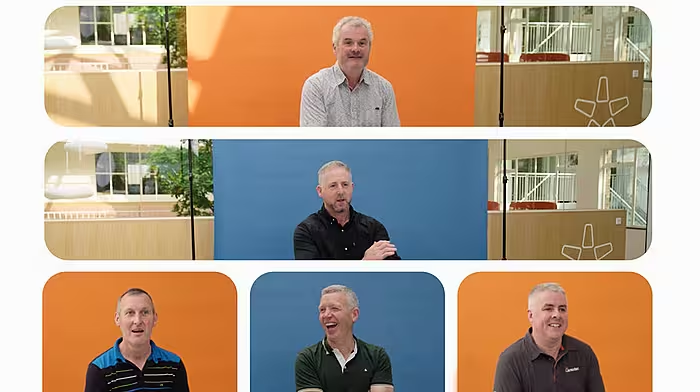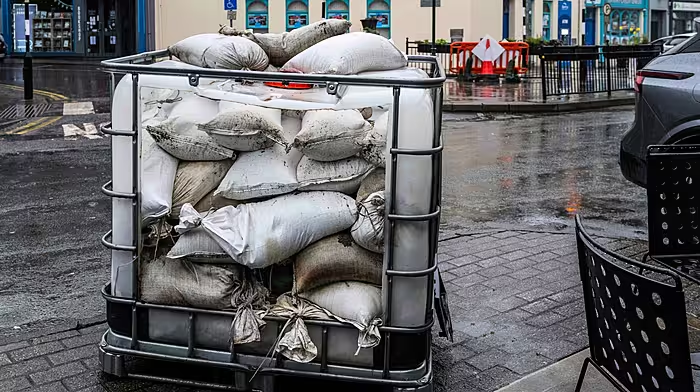A NEW book co-authored by two West Cork women aims to give practical tips on farming profitably while contributing to nature restoration.
The Farming For Nature Handbook was launched last Thursday. With contributions from more than 50 Irish farmers, the book shares farmers’ experiences of how working with nature can help reduce costs and improve incomes.
Dr Emma Hart from Oysterhaven and Brigid Barry from Innishannon are two of the driving forces behind the book. They were inspired by regular requests to the non-profit Farming For Nature project from landowners, farmers, smallholders and growers wanting to learn how best to manage their land, big or small, in a way that enhances habitats, protects profits, and safeguards our natural environment and rural communities.
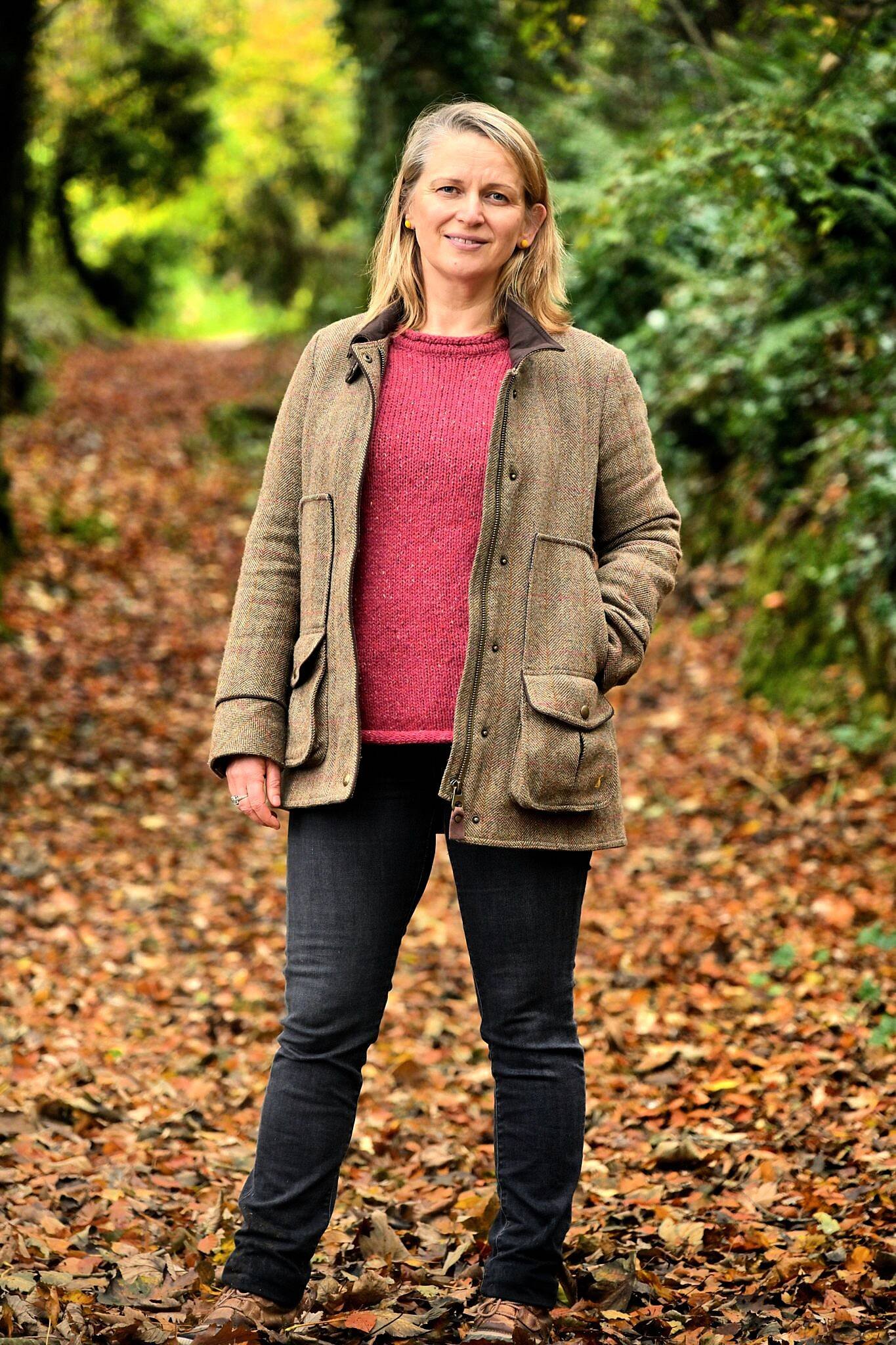 Brigid Barry from Innishannon, who manages Farming for Nature, conceived the idea of the handbook.
Brigid Barry from Innishannon, who manages Farming for Nature, conceived the idea of the handbook.
They hope the Farming For Nature Handbook will become the essential guide to caring profitably for our land.
Brigid originally comes from a beef and arable farm and has managed Farming For Nature since the project’s inception in 2018, prior to which she spent nine years managing the landscape charity Burrenbeo Trust. She has also worked as biodiversity officer for Clare County Council and as a project officer on numerous international conservation projects. Brigid originates from a beef and arable farm in Co. Cork.
‘There is a massive gap in the market for this book - an easy-to-access toolkit to help tackle the biodiversity and climate crises,’ said Brigid. ‘We hope it gets into every jeep and tractor in the countryside to guide farmers in these tricky times. Many farmers start by making small changes. Then, as they join a like-minded community and begin to experience the value of nature returning to their farms, they don’t look back. Nature unleashes your land’s full potential.’
Emma is the owner of habitats.ie, a consultancy service in biodiversity conservation, science communication, and research and of Oysterhaven Biodiversity Reserve, a farm, research site, and nature restoration project.
‘At a time of profound loss — of clean water, healthy soil, and our native wildlife — the Farming For Nature Handbook is both a message of hope and a call to action. It shows how each of us can take charge of the health and vitality of the landscapes we inhabit, and help shift the dial toward a brighter, more resilient future,’ she said.
The book features contributions from members of the West Cork farming community who are all Farming for Nature ambassadors.
Paul McCormick and Jacinta French are beef and agroforestry farmers in Skibbereen, who are working the Farming for Nature principles on their holding. ‘We outwinter a small, suckler herd of cattle, a heritage breed, native to Ireland, called Droimeann. They provide beef, they maintain existing pastures and enhance their biodiversity, they prevent dense wooded areas becoming overgrown and inaccessible and they create new pastures within the woods.’
 Paul McCormick and Jacinta French, beef and agroforestry farmers in Skibbereen.
Paul McCormick and Jacinta French, beef and agroforestry farmers in Skibbereen.
The Farming For Nature Handbook gives tips how to manage land in a way that enhances habitats, increases wildlife and harnesses natural processes while protecting livelihoods, food security and profiles. It is not just targeted at farmers but is for anyone who wants to grow, garden and gather better.
Beara rewilder, author, and farmer Eoghan Daltun is one of the contributors to the handbook. ‘It’s crucial to leave behind the mindset that if land is not producing food, timber, or other consumables we need it’s therefore somehow “wasted” or “abandoned”,’ he said. ‘Rewilding is often portrayed as a threat to farmers and rural communities, but nothing could be further from the truth. Rewilding has the potential to exist alongside traditional forms of farming and to revitalise the life and economies of rural communities, many of which are presently struggling to survive.’
The book was conceived and developed by Brigid, researched and mainly written by conservation ecologist Emma on behalf of Farming For Nature and co-edited by Dr Brendan Dunford of the Burrenbeo Trust. It is illustrated with watercolours and sketches by farmer and artist Clive Bright as well as digital images by scientific illustrator William Helps.
The book features others Cork contributors including arable farmer Thomas Fouhy, tillage and beef farmer Paul Moore from Midleton, and renowned author, chef, and farmer Darina Allen of Ballymaloe fame.
It was supported financially by the National Parks and Wildlife Service, the Department of Agriculture, Food and the Marine, and the Lifes2Good Foundation.
President Michael D Higgins said it is a ‘timely and essential contribution to the on-going discourse on how we, as a society, must respond to some of the most pressing challenges of our time’.
• The Farming For Nature Handbook is published by Dingle Publishing and was launched last Thursday. It is priced at €30 and is available at selected bookshops and to order at www.farmingfornature.ie

